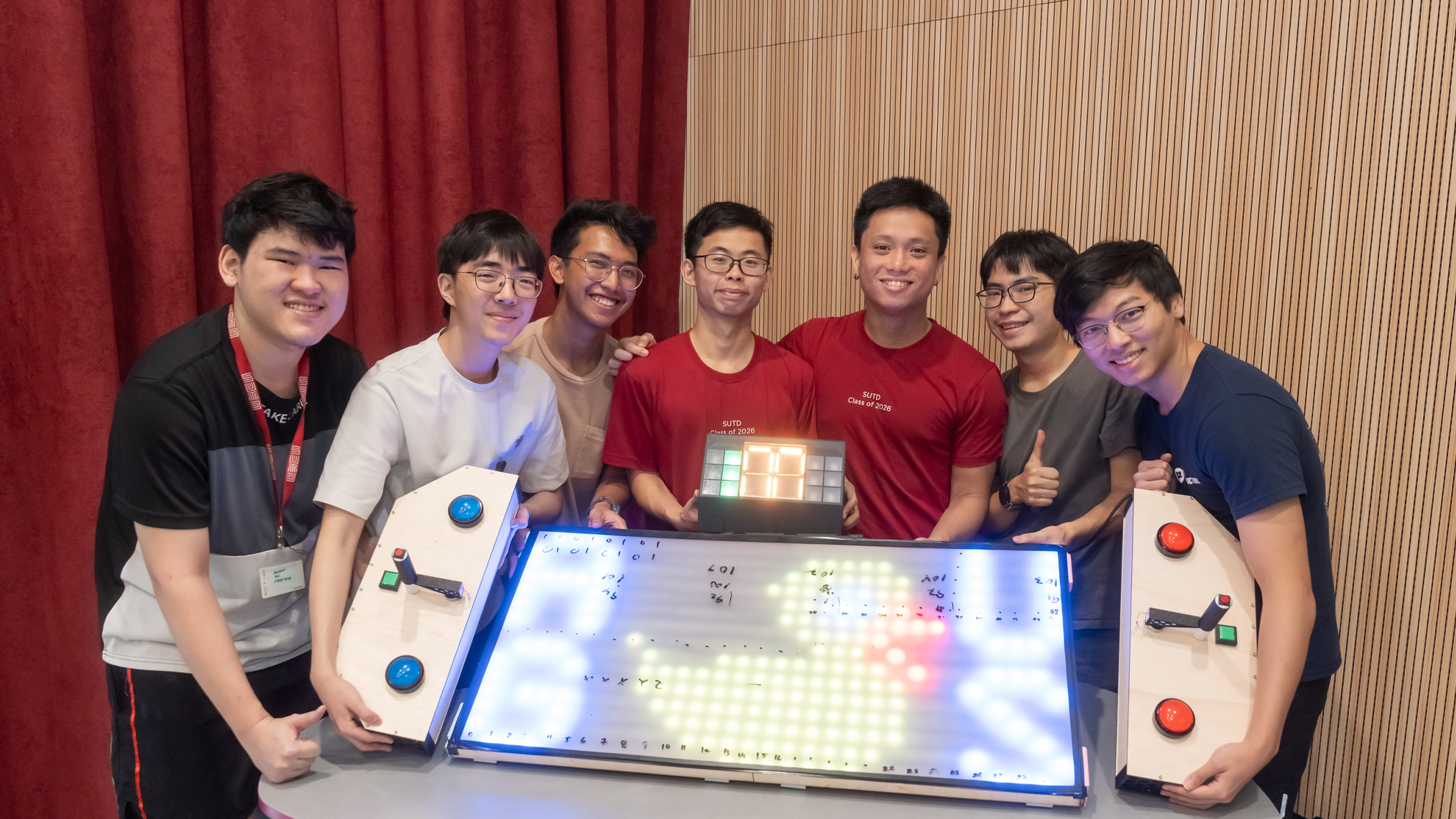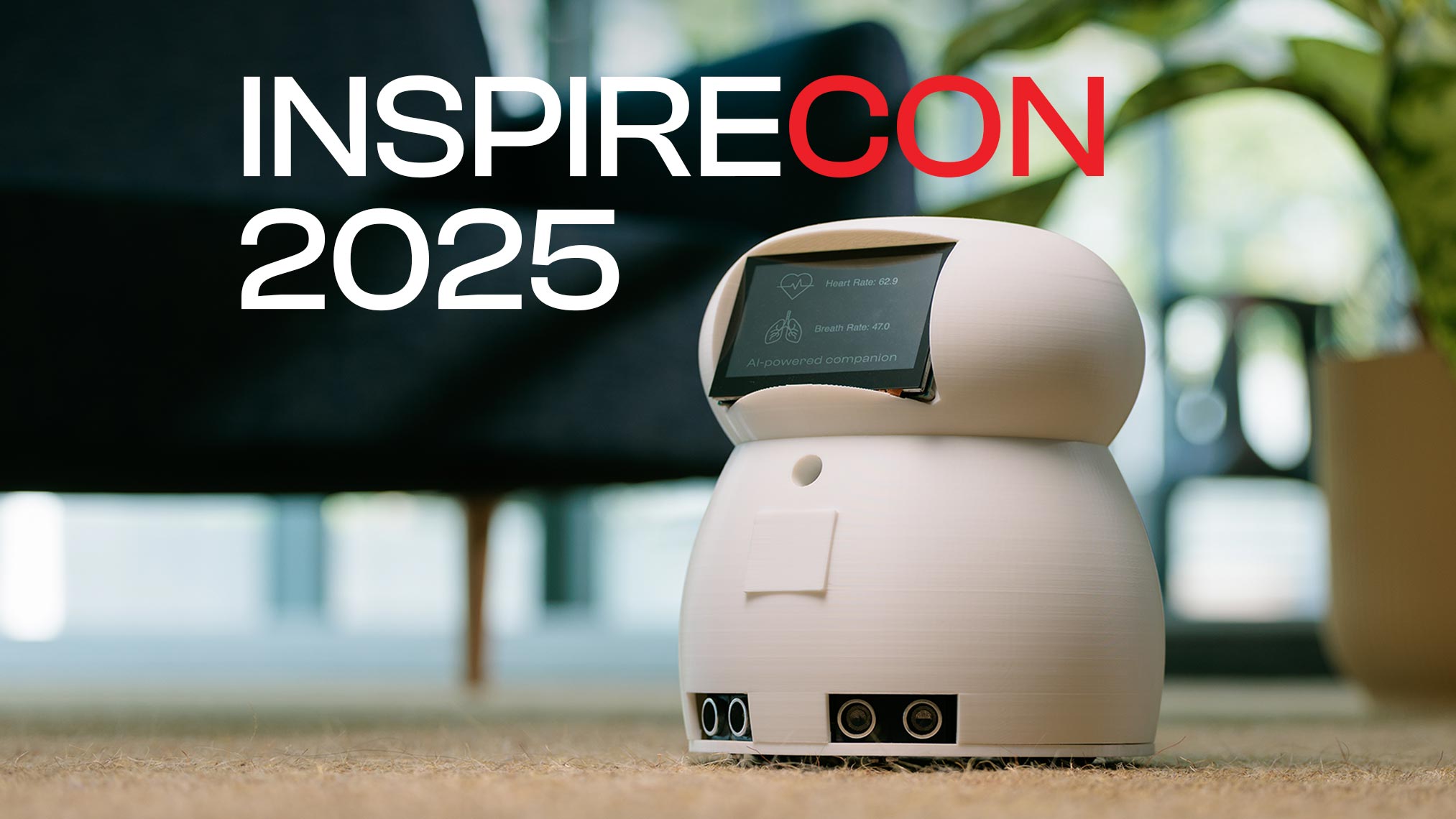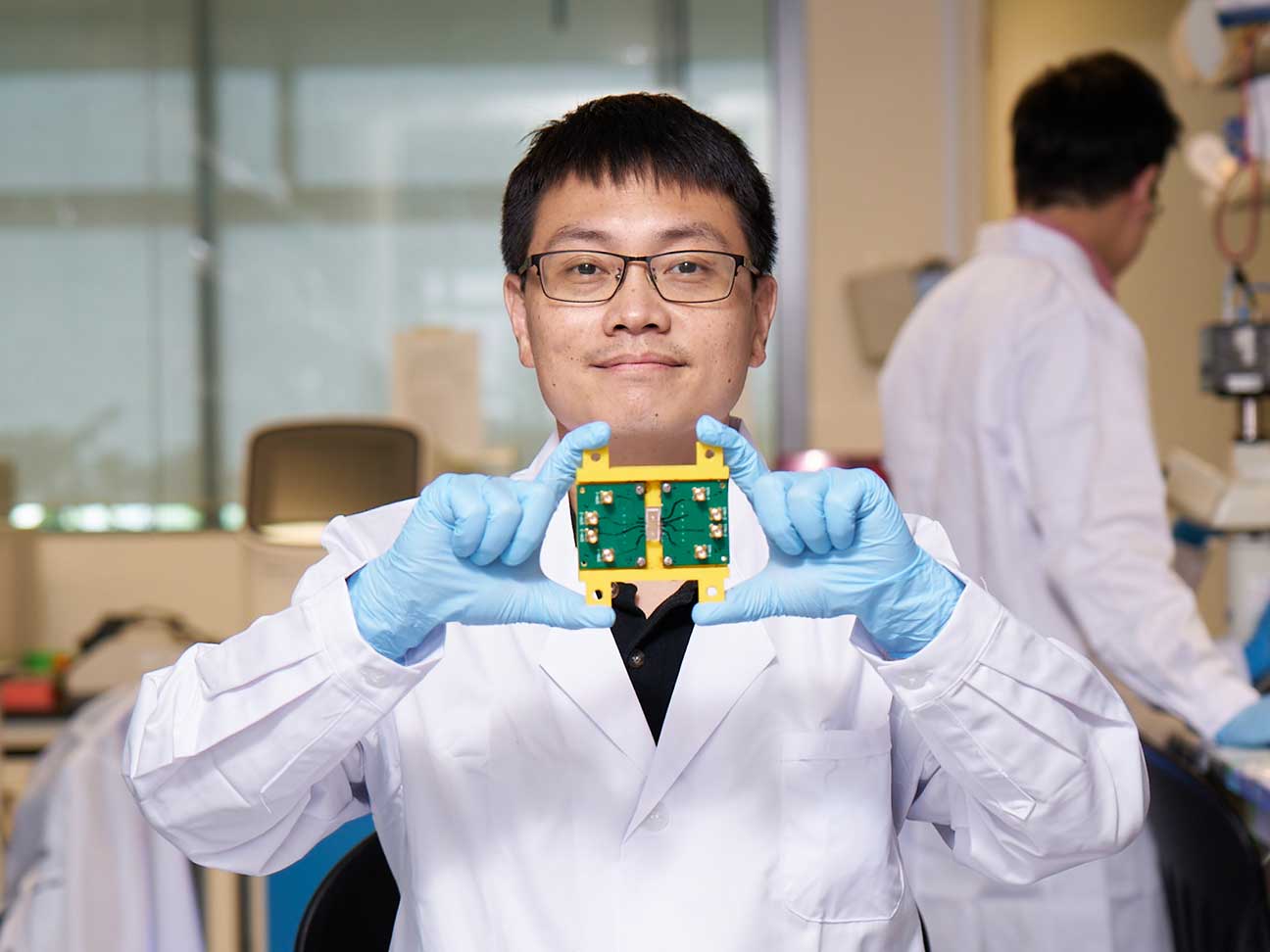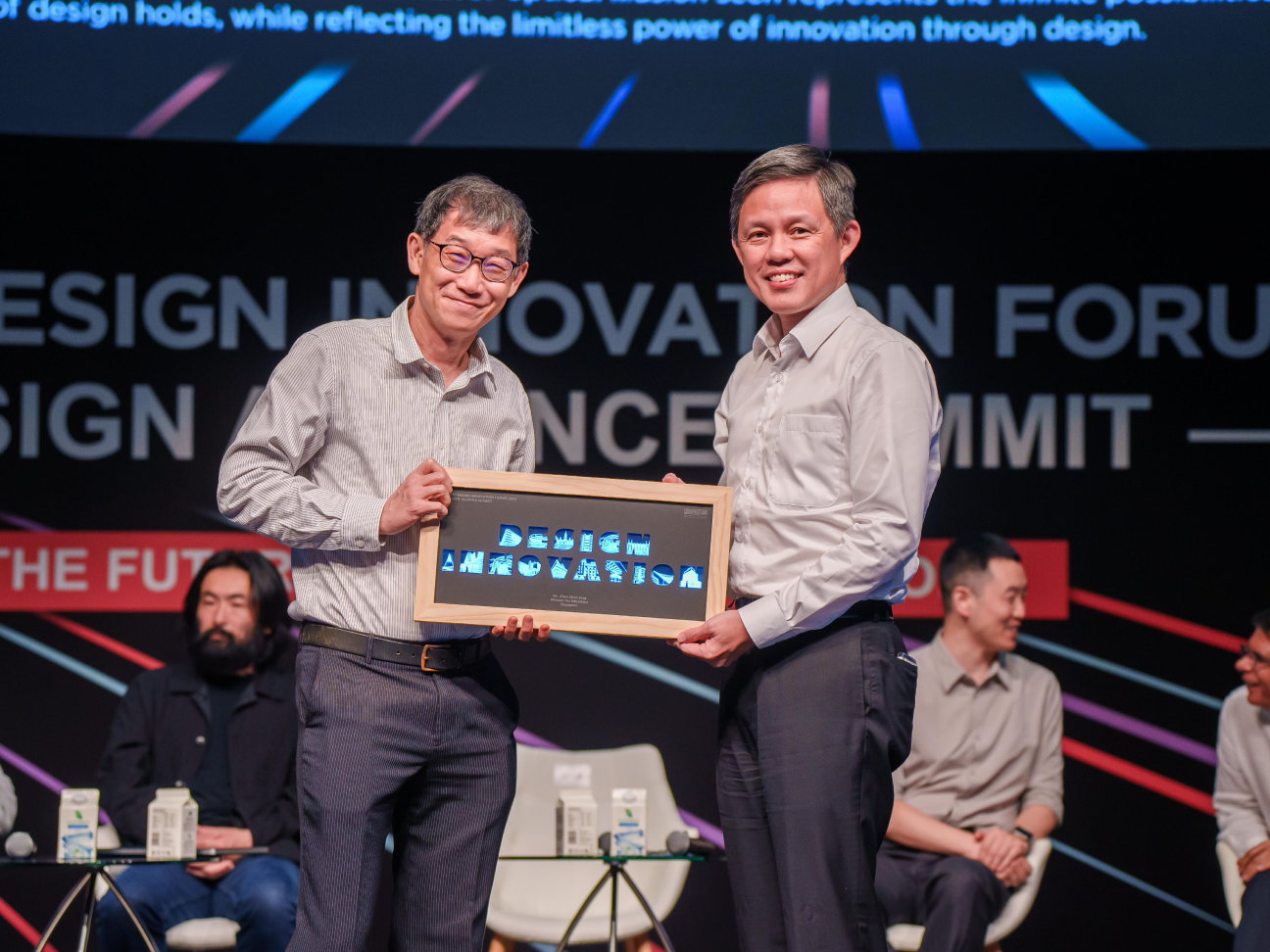Events

ISTD Design Exhibition 2025
We are thrilled to invite you to join us for our annual ISTD Design Exhibition 2025 where sophomore CSD students will be showcasing their course projects.


InspireCon 2025
Showcasing over 80 innovative projects from Capstone (by our graduating class of 2025), Baby Shark Fund and Engineering Product Development. Come experience the power of student innovation and design!


L'Oréal: learn, grow & ace your career
ISTD COIL Seminar by Ali Naylisya & Ogawa Hinako – Hear from the Retail Design and Visual Merchandising Experts on how they use computer graphics in their daily lives!


Improving reasoning capabilities in large language models: techniques and experiences
ISTD COIL Seminar by Allan Jie – In this talk, I will present recent advancements and effective methodologies aimed at enhancing the reasoning capabilities of Large Language Models (LLMs).


Generative AI and cybersecurity: preparing for the next wave of attacks
ISTD COIL Seminar by Chen Kin Siong – Generative AI (GenAI) is transforming industries, but its rapid adoption also brings new cybersecurity risks.


Introduction to the Cyber Security Agency of Singapore
ISTD COIL Seminar by Wong Choon Bong – The seminar will explore on the cybersecurity challenges faced in Singapore and provides an overview of the functions of Cyber Security Agency of Singapore (CSA).


Watch out for the safety-threatening actors: mitigating risk by quantifying change in escape routes
ISTD Seminar by Zbigniew Kalbarczyk – The challenge of ensuring the safety of autonomous vehicles (AVs, also called ego actors) in real-world scenarios where AVs constantly interact with other actors will be addressed in this seminar.


Missing module
Workshop series by Chay Choong – CSD alumni Chay Choong conducted a series of workshops titled the Missing Module, which aims at providing a broad introduction to the tools of an effective software engineer.


Functional programming with Clojure in the wild
ISTD COIL Seminar by Zachary Teo – Once considered a niche, Functional Programming (FP) has been gaining increased popularity due to the evolving needs of software systems, such as scalability and concurrency.


Guided cooperation for multi-agent teams
ISTD PhD Oral Defence Seminar by Pamela Wang – The thesis will study various degrees of centralisation in cooperation mechanisms, spanning from fully centralised planning-based approaches to fully decentralised communicating agents.





